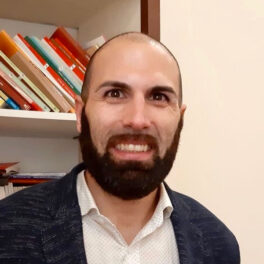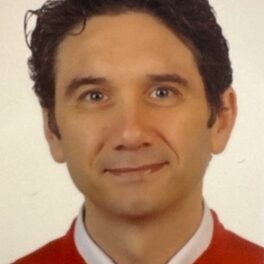Integrated courses (IC)
Objectives
By the end of the course, students will acquire:
- Competencies regarding the main schools of thought that have marked the historical development of Psychology: Psychophysics and Physiological psychology; Structuralism; the phenomenological tradition and the Gestalt perspective; the psychodynamic perspective and Psychoanalysis; Functionalism and the Behaviorist perspective; Reflexology and the Historical-Cultural Theory; Cognitivism and Neuroscience.
- Competencies related to meta-theoretical visions and reference epistemologies that influence current developments in scientific research in psychology.
- Ability to critically and rationally review the conceptual analyses proposed by the main psychological research traditions.
- More analytical skills concerning the complex relationship between Experimental psychology and Applied psychology, between laboratory and clinical practice, between research “in vitro” and “in vivo”, between statistical efficacy and clinical effectiveness.
- Ability to deepen and discriminate the sophisticated dynamics that fuel the current scientific debate between internalist-organicist and externalist-contextualist visions.
Programme
- Epistemological visions characterizing the development of psychology: philosophy at the service of science.
- The urgency of physicalizing the mental: Psychophysics and Physiological psychology.
- European psychology, the birth of experimental psychology, and Wilhelm Wundt’s legacy: Edward Titchener’s Structuralism.
- The development of empirical psychology and Franz Brentano’s phenomenological psychology legacy: the Gestalt school.
- The assertion of dynamic aspects of the psyche over structural and organicist ones: Psychoanalysis.
- William James’s North American psychology and the affirmation of Functionalism.
- Birth and development of Behaviorism.
- Soviet psychology: Reflexology and the Historical-Cultural Theory.
- The Cognitivist perspective and Cognitive sciences.
Exam
The evaluation will consist of a multiple-choice written exam conducted on the Moodle platform.
Bibliography
- Mecacci, L. (2019). Storia della psicologia del Novecento. Roma-Bari: Laterza
- Hayes, S. C., Hayes, L. J., & Reese, H. W. (1988). Finding the philosophical core: A review of Stephen C. Pepper’s World Hypotheses: A Study in Evidence. Journal of the experimental analysis of behavior, 50(1), 97.
Further Reading (optional):
- Mandler (2007). A History of Modern Experimental Psychology: From James and Wundt to Cognitive Science. Cambridge, Massachusetts: MIT Press. (in particolare, i capitoli III, VIII, X e XII)
- Noë, A. (2009). Out of our heads: Why you are not your brain, and other lessons from the biology of consciousness. Macmillan.
- Legrenzi, P., & Umiltà, C. (2009). Neuro-mania: il cervello non spiega chi siamo. Il mulino.
- Manzotti, R., & Tagliasco, V. (2001). Coscienza e realtà: una teoria della coscienza per costruttori e studiosi di menti e cervelli. Il mulino.



